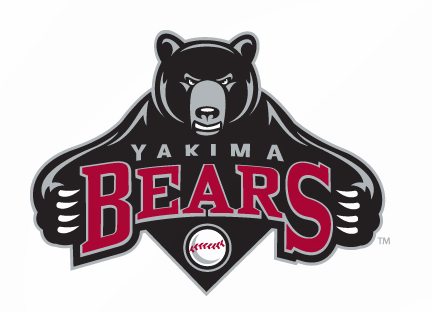After weeks of all-quiet-on-the-baseball-front, a proposal to bring the Yakima Bears to Vancouver has been revived by considerably lower construction estimates and a significant pledge of future donations — up to $3.5 million — from the Clark -College Foundation.
With a new funding proposal in place, Clark County commissioners will have a public hearing on the most significant funding source: a 5 percent admissions tax.
The hearing will be 10 a.m. Nov. 29 at the Clark County Public Service Center, 1300 Franklin St.
A draft of the admissions tax ordinance will be available to review on Friday, said Clark County Commissioner Steve Stuart.



